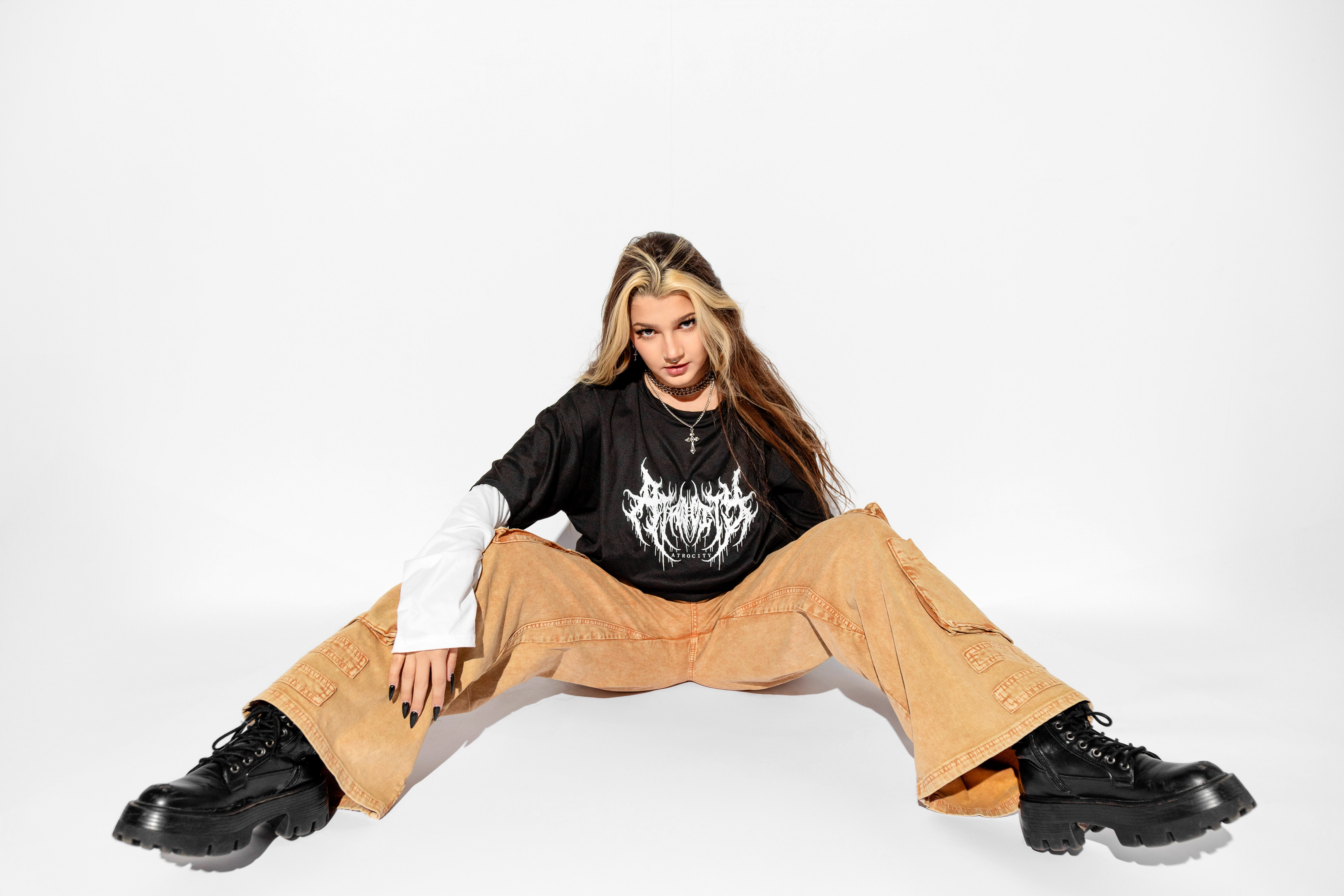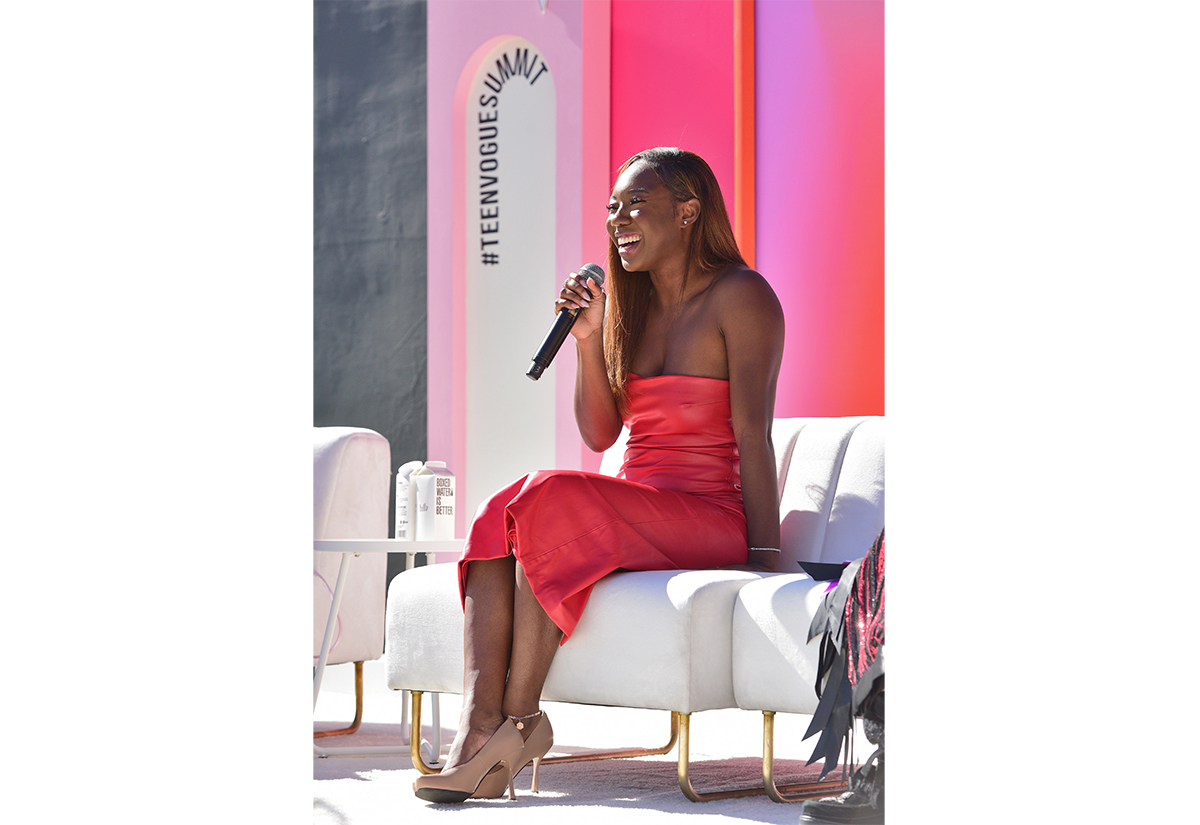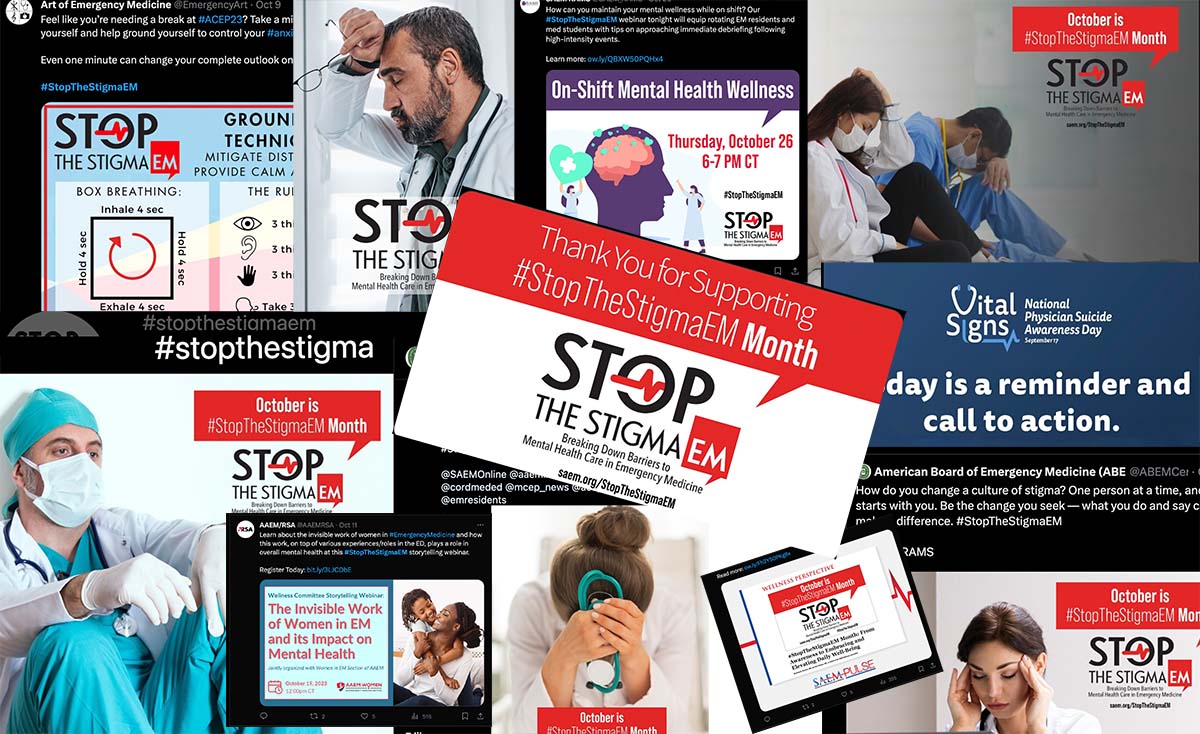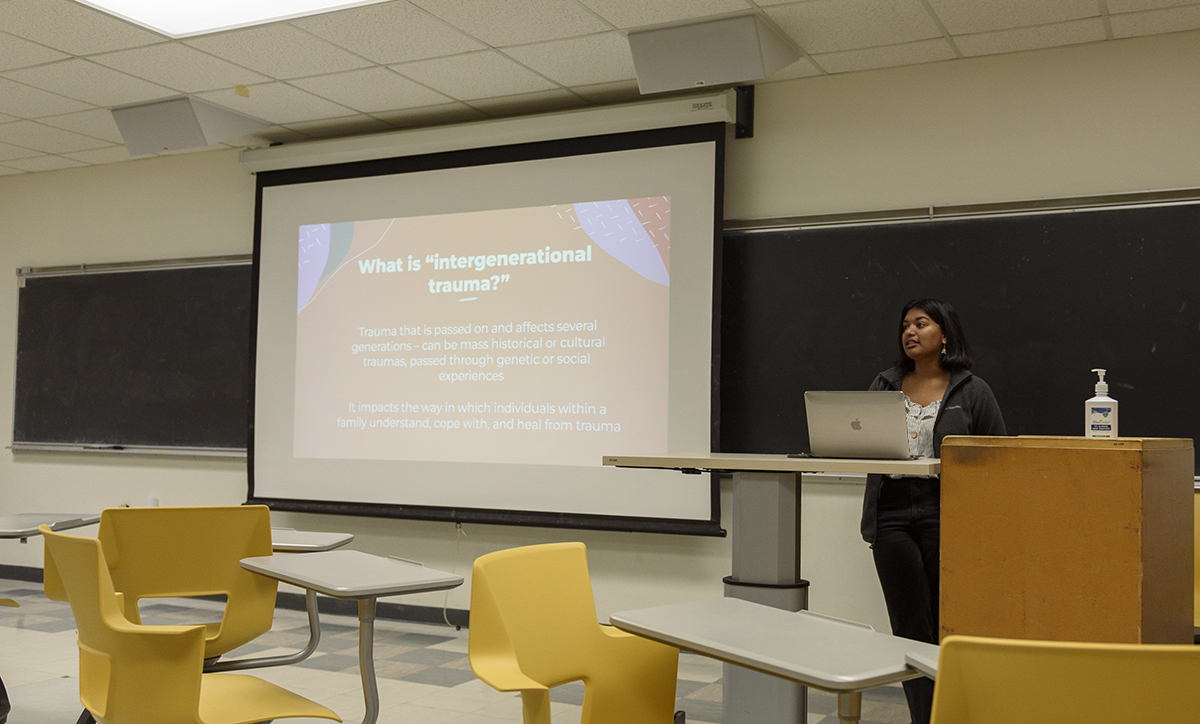Artist, mental health advocate SkyDxddy to speak at UCLA’s Gen Z Wellness Summit

Traumacore musician SkyDxddy poses while seated. A survivor herself, SkyDxddy creates tracks for others who have undergone trauma and released her latest song “Why Do I Stay?” on Feb. 23. (Courtesy of Samantha Levi)
“Gen Z Wellness Summit”
Teen Advisory Council of the Friends of the Semel Insititute for Neuroscience and Human Behavior
Meyer and Renee Luskin Conference Center
Feb. 25
9:30 a.m. to 2:00 p.m.
By Emma Mieszala
Feb. 24, 2024 5:56 p.m.
With new genres and inaugural events, SkyDxddy is encouraging students to step into their power.
The musician and mental health advocate is set to speak on a panel at UCLA’s Gen Z Wellness Summit this Sunday. The inaugural summit has been organized by The Friends of the Semel Institute for Neuroscience and Human Behavior’s Teen Advisory Council. Students will get the chance to connect with mental health advocates, experts and performers over topics ranging from relationships to substance use and addiction.
SkyDxddy spoke with the Daily Bruin’s Emma Mieszala about drawing from her mental health experiences to make healing music and discussing college relationship culture at Sunday’s event.
This interview has been edited for length and clarity.
Daily Bruin: As the creator of the traumacore genre, you’ve made music as a way of coping with traumatic experiences you have had. What are some of the challenges you faced when you first started making music?
SkyDxddy: Impostor syndrome is a really big one for me, just feeling like you deserve to do something. My girlfriend is really quick to be like, “Who deserves anything?” and she has a point. If you work for it, then you deserve to do it. I have a lot of different mental illnesses. I have PTSD, anxiety and depression. Fighting those was really hard for me, and trying to be like “I don’t have this. I’m going to pretend that I don’t have this” – eventually I came to terms with the fact that fighting it wasn’t helping me. So, coexisting with it was going to be my answer. Honestly, that’s when a lot of my best music came out. Being a successful human being in general is hard when you’re dealing with those things.
[Related: ‘It’s just a fact’: Understaffed CAE office fails to meet students’ needs]
DB: You mentioned this idea of coexisting with your mental illness. Can you elaborate on how music specifically has helped you to cope?
SD: When it comes to SA (sexual assault), one of the biggest things no one really talks about is the guilt and the self-blame that comes from it, especially because we live in a world built around rape culture and victim-blaming. It’s easier to push it off into the direction of the person that should have done something different, not the person that shouldn’t have done what they did. When “Triggered” was first written, I think my brain didn’t know how to process it any other way, especially because I’m a tiny little girl and no one really takes tiny little girls seriously. But when I started rapping and when I entered this man’s game, people started paying attention in a way that was like, “Oh, she’s not only saying her story, she’s saying something that everyone can relate to as a whole.”
Any kind of current event or any kind of emotion that comes bubbling up inside me, I’ve learned that just getting on my laptop or even taking out my phone and writing about it (helps). It started very much as journal entries or diary entries and then eventually, I went on YouTube and found YouTube beats and just kind of plugged them in and it ended up working, and to this day it still does. There’s a piece of me that’s like, “One day this isn’t going to work,” but it keeps working.
DB: How can music impact mental health?
SD: Being able to listen to something where you can step into this alter ego of yourself and allowing yourself to feel a little bit of that anger, as opposed to sadness (can help). I look at myself as a little bit of a vigilante in the rap game. You have a right to be mad, you have a right to be angry. There are so many artists and rappers that rap about all these crazy things and no one really bats an eye at it, especially if it’s a guy. But when a girl does it, it’s like “Well, she’s batshit crazy. Red flags, stay away from her.” No, we’re venting. It’s the perfect way to vent and get out all of those emotions, whether they’re sad or frustrated with the system or the patriarchy or what have you. It’s a perfect way of using it as an outlet and a microphone.
[Related: Alumnus’ podcast ‘Gooned’ gives voice to survivors of Troubled Teen Industry]
DB: What are some of the main messages that you want to get across during the Gen Z Wellness Summit?
SD: My music and my brand in general is already very triggering. It’s already very intense and emotional. But I think it’s so important, because it’s something that either people are uncomfortable talking about, so they don’t talk about it, or they have been conditioned to believe that it’s not really a big deal. One of the things that I want to talk about the most is coercion and how it’s so prominent, especially in college. When someone says no, they mean no. It does not mean ask again, it does not mean pressure me into saying yes.
SA is kind of a broad term. We’ve seen (it in) the media and we assume that it only means one thing. This stranger in a dark alley. But it’s usually people you know, people who have gained your trust. It’s people who think they have a right to cross those boundaries. So I definitely want to talk about setting boundaries and not being afraid to. Growing up, a lot of Gen Z-ers and millennials, we weren’t really taught about consent. We didn’t even know what that word meant.






